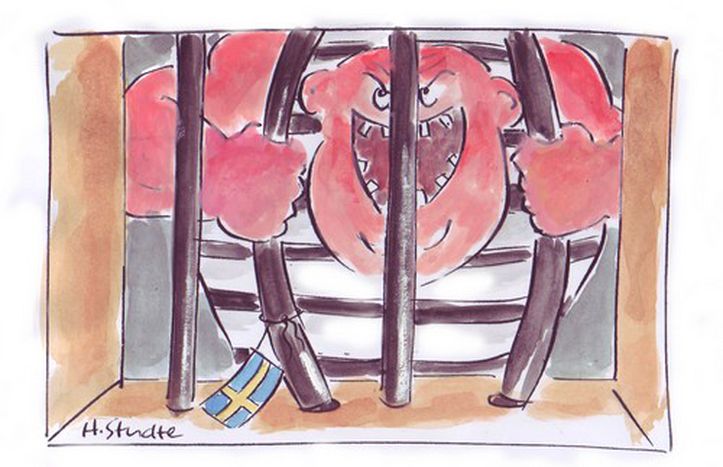
Swedish curtain prison
Published on
Translation by:
 Sophie Paterson
Sophie Paterson
When I visited friends for the first time at their place last week, everything was looking strangely familiar - cupboard, bed, coffee table. In short, everything screamed IKEA.
It may looks nice, but Swedish furniture is not at all so beloved in German parlance. To be hinter schwedischen Gardinen (behind Swedish curtains) in colloquial German is actually in prison, and not in their IKEA-furnished living room. Or are they?
Another German word for prison, Kittchen (not to be confused with kitchen), simply means small house. And even in French, someone who is at home (être en cabane) is, in an etymological sense, locked up.
German and French criminals, for whom that is perhaps a little too comfortable, might also end up ins Loch or au trou, meaning in the hole or, as we might say, in poky. But be careful: in the oubliettes (or dungeons) of Great Britain, this just means you’ll be forgotten.
Imprisoned Italian scoundrels have it better: in the pitch dark of prison they have a cat to help them out (gatta buia or dark cat). But only rather misleadingly: Greek katà (below) has evolved over the years to become the Italian gatta (cat).
Swedish curtains of the prison variety naturally have nothing to do with furniture stores: German grilles used to be made from Swedish steel. Whether or not they are particularly escape-proof is something for the Swedes to answer. When they go to prison they shake the bars (skakar galle).
Translated from Schwedische Gardinen


